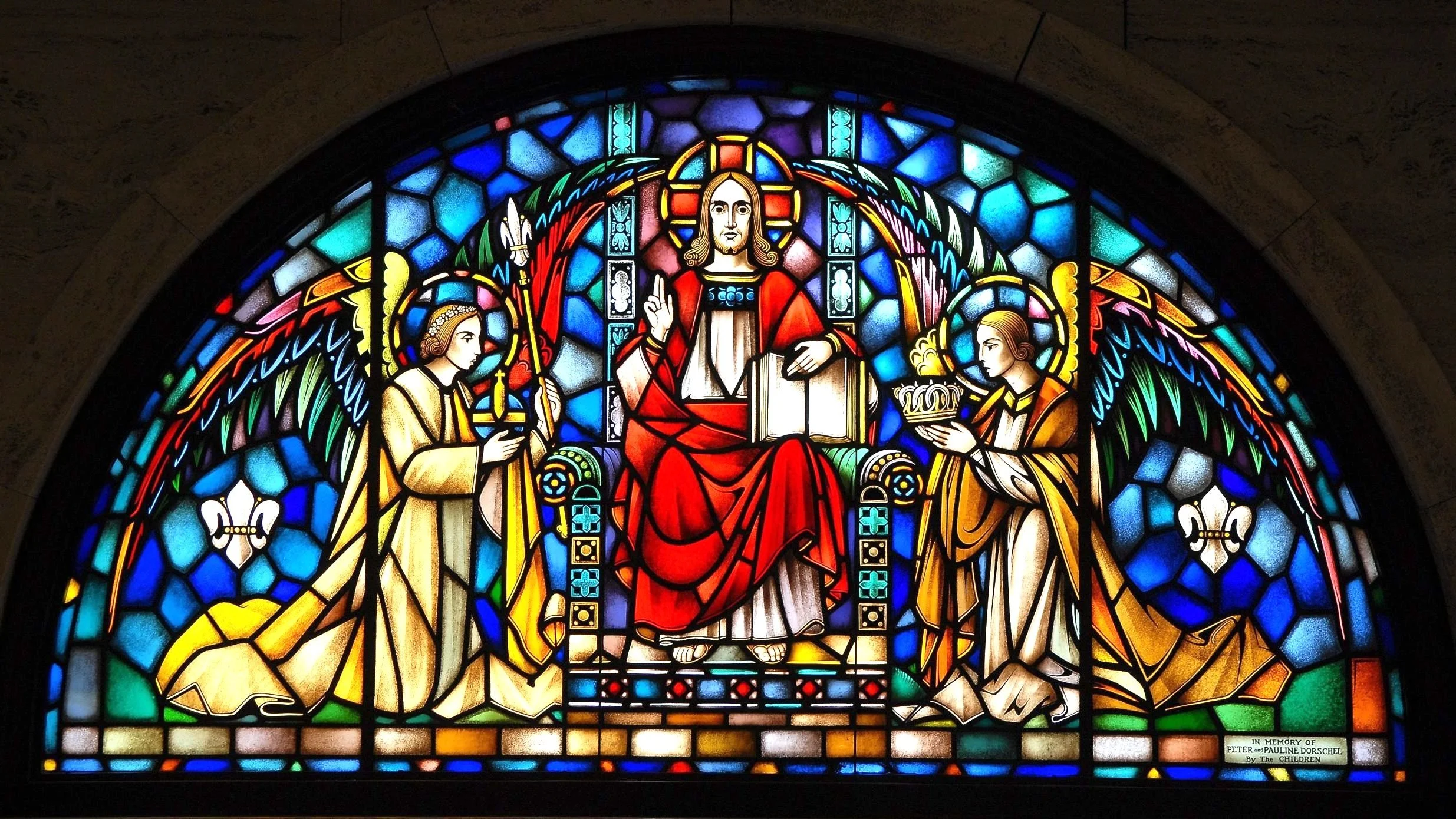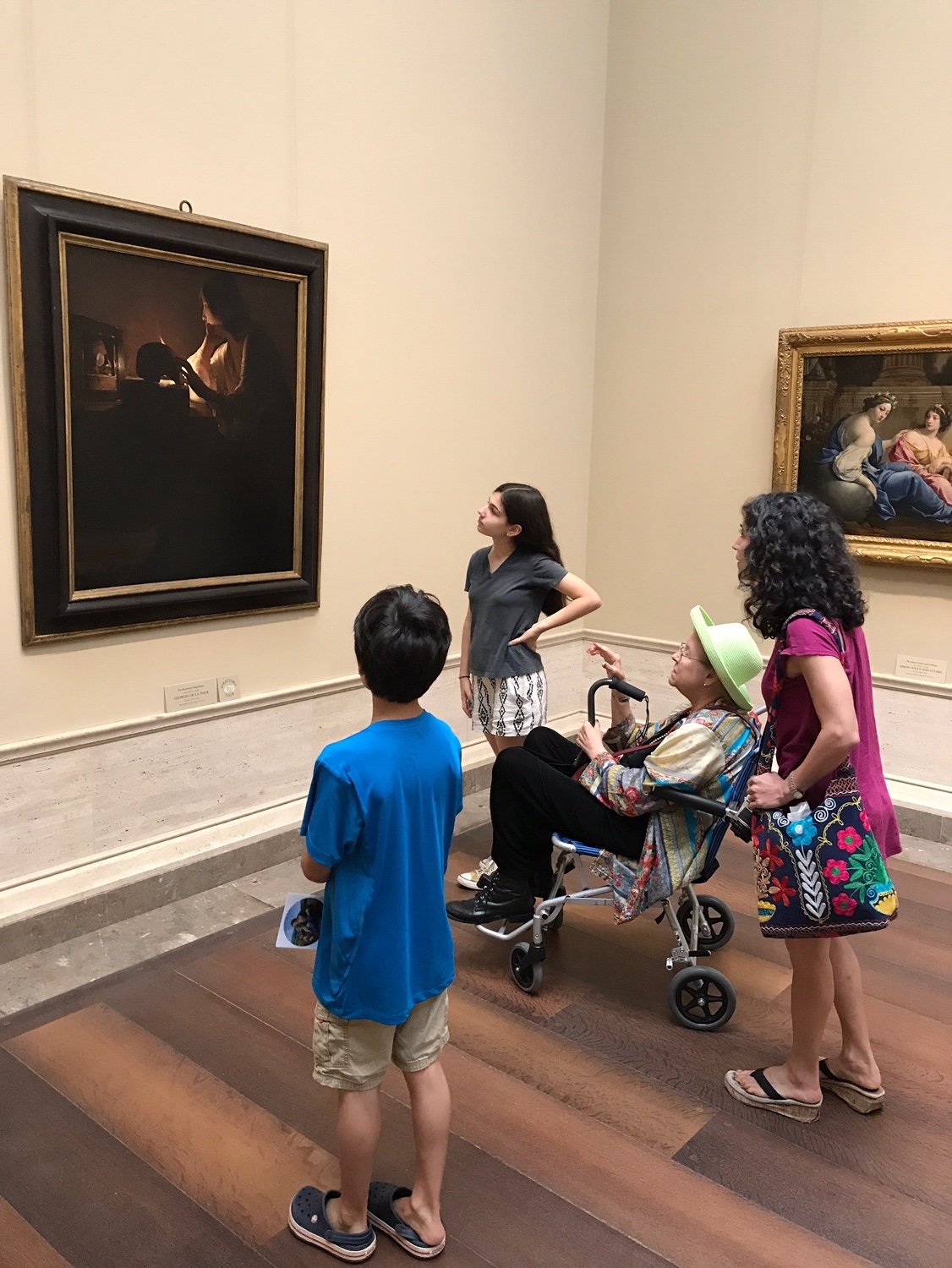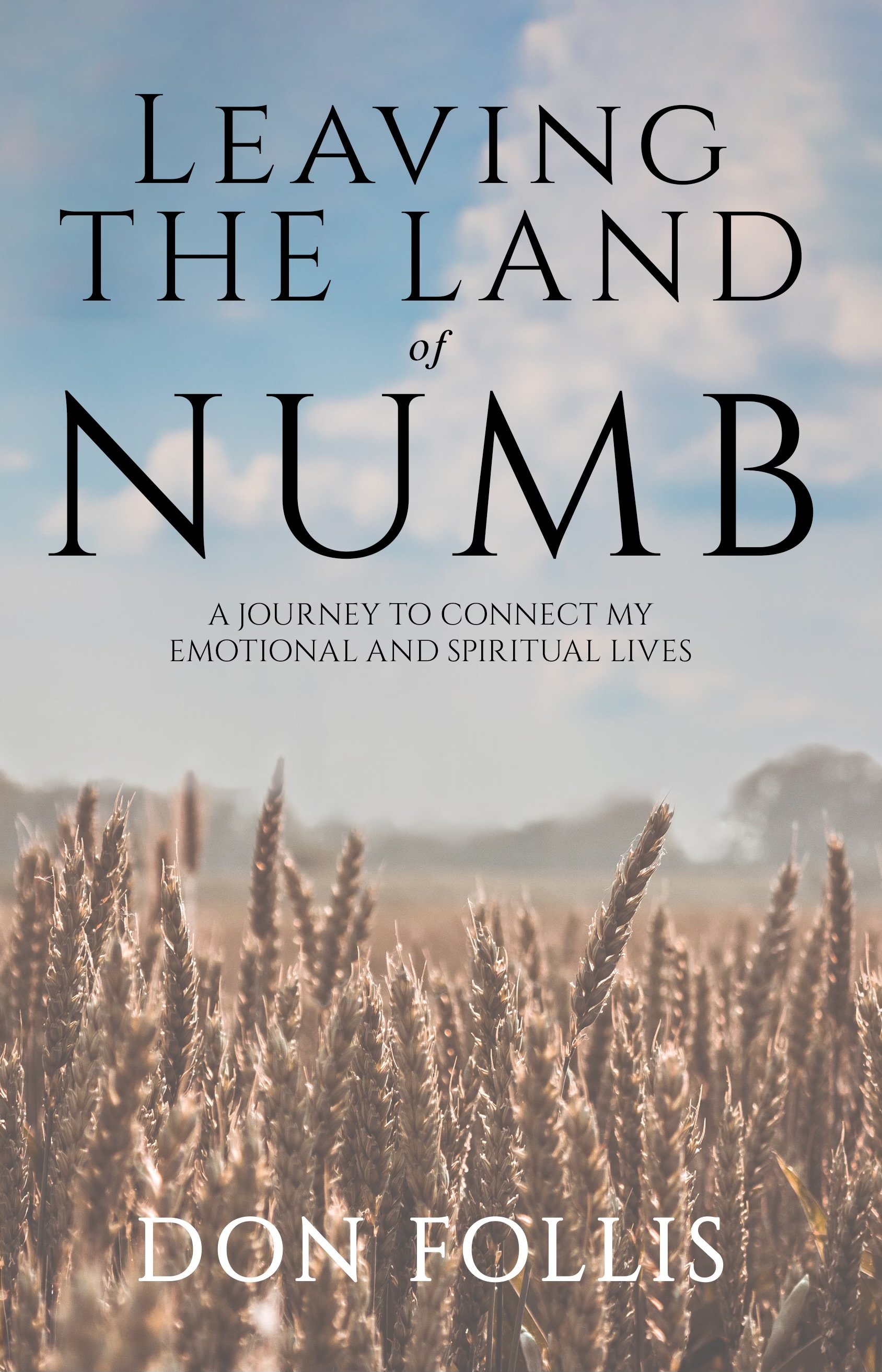Connecting Through Our Woundedness to Christ the King
“The reality is that every human being is broken and vulnerable. How strange that we should ordinarily feel compelled to hide our wounds when we are all wounded!”—M. Scott Peck in The Different Drum (Touchstone, 1998).
Henri Nouwen also tells us that we become less, not more, vulnerable when we share our woundedness. It takes enormous energy to pretend we are “just fine.” We hide who we are, wearing masks and trying to be something we are not. As we take off that mask, we can now employ all that energy simply to be ourselves, to become the person God created us to be. We become more human. In turn, others share their wounds because they recognize us as a safe place—another human being who may have just an inkling of what pain is about.
Letting others know we are human, have pain, and make mistakes is also a path into the divine within ourselves and others. This is the path we are all seeking. A wide, gaping entrance to this path opens through our wounds directly into the Christ, the Holy, and the Spirit within each other.
This is the path from Good Friday to Resurrection. We especially remember Christ’s woundedness and our woundedness, and that connection to Christ the King within us on this Christ the King Sunday on our liturgical calendar. So many images of Christ on this day are of a King on a cross. A King we can always recognize by his wounds. A king who has overcome the cross.
Jake Owensby describes the reign of Christ the King as one of love, forgiveness, and mercy, not a kingdom of punishments and rewards. Christ offers us a love that will not die, that often enters us through our woundedness. That love can only live by overflowing out of us, expanding God’s reign of love on the earth until it is like his reign in heaven.1
1Jake Owensby, “The Peculiar Reign of God,” https://jakeowensby.org/ November 18, 2022.
Joanna. Joannaseibert.com https://www.joannaseibert.com/






